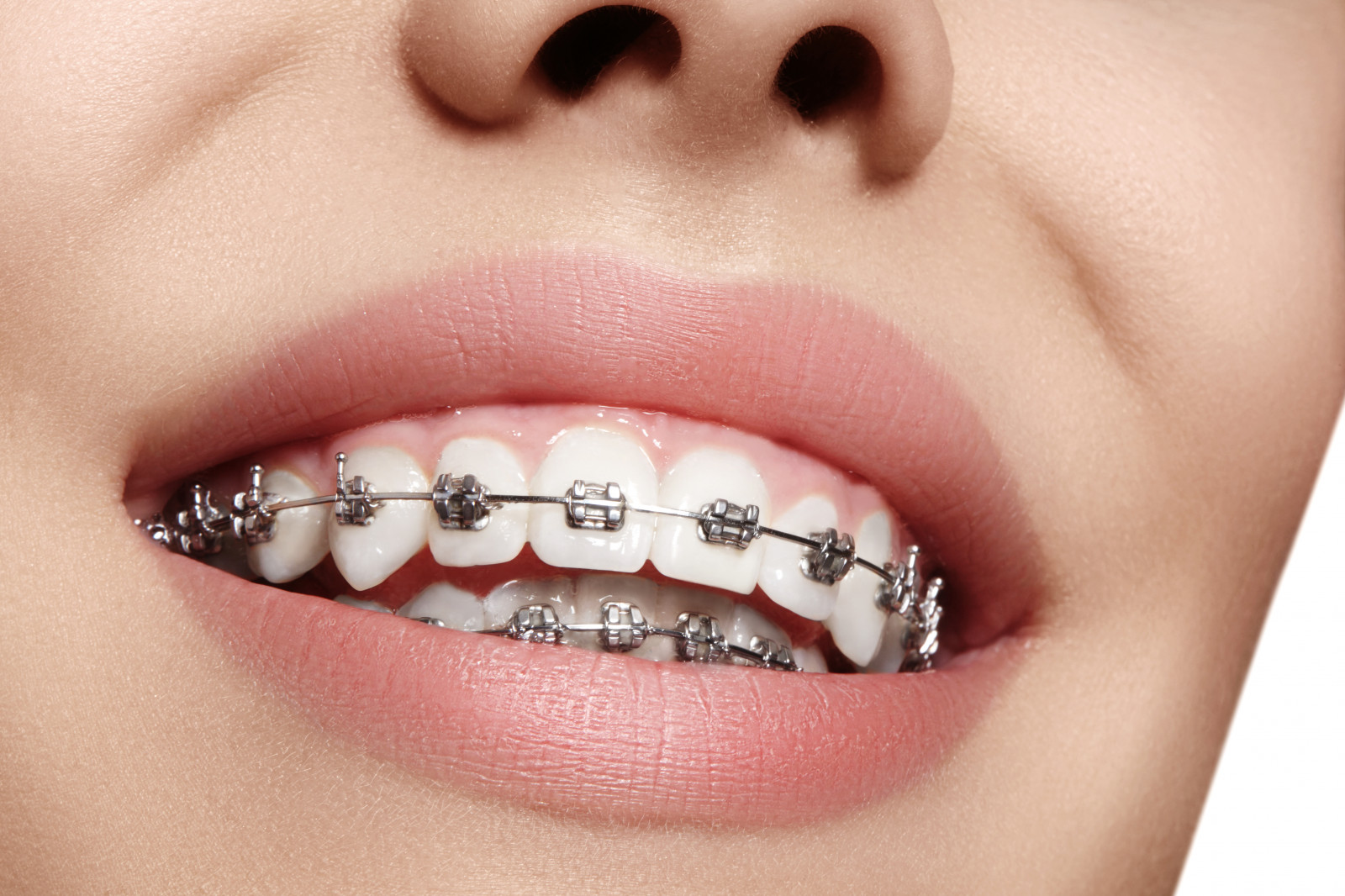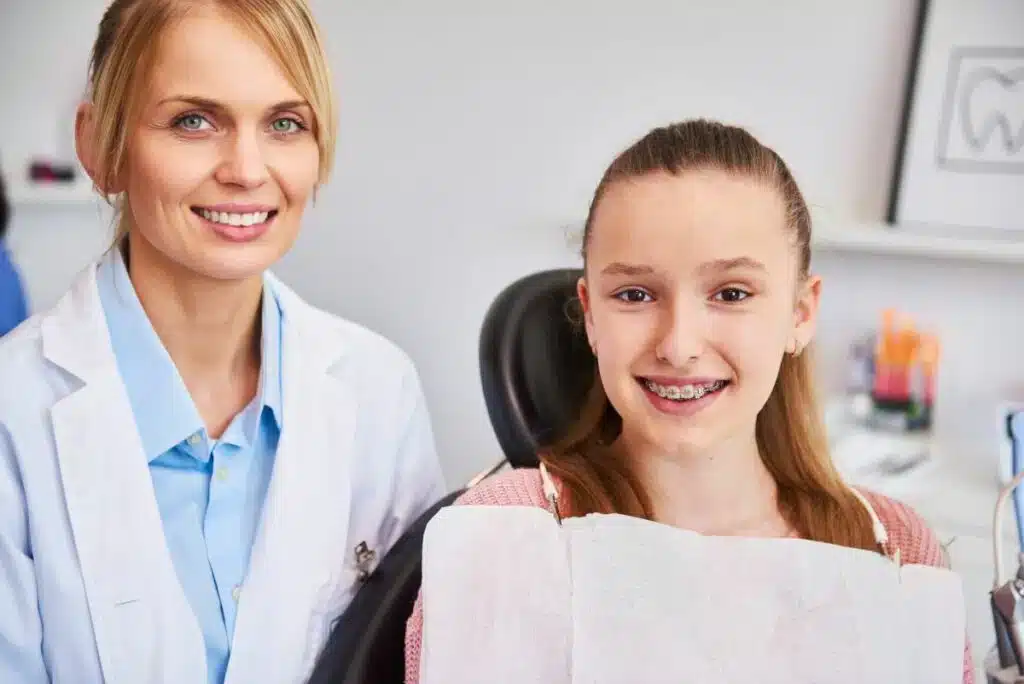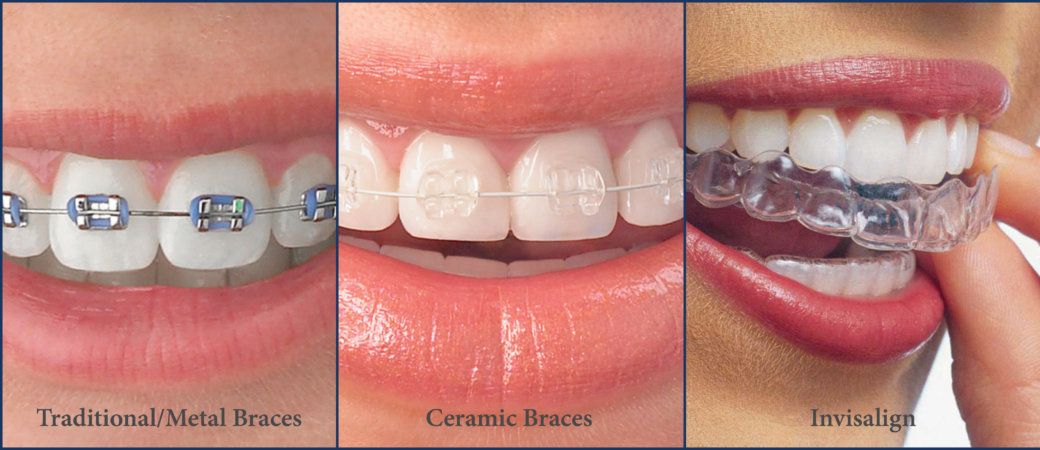The Of Causey Orthodontics
Table of Contents6 Easy Facts About Causey Orthodontics ShownSome Ideas on Causey Orthodontics You Should KnowWhat Does Causey Orthodontics Do?The Single Strategy To Use For Causey OrthodonticsLittle Known Facts About Causey Orthodontics.6 Simple Techniques For Causey OrthodonticsCausey Orthodontics Fundamentals Explained
What is the distinction between a dental expert and an orthodontist? To respond to a question that is usually asked, both dentists and orthodontists assist clients acquire better dental health, albeit in different means. It assists to keep in mind that dentistry is an instead broad scientific research with various medical specializations. All dental experts, consisting of orthodontists, treat the teeth, gums, jaw and nerves.
You can believe of both medical professionals that treat periodontal and teeth issues. The main difference is that becoming an orthodontist requires a certain specialty in treating the misalignment of the teeth and jaw.
The Greatest Guide To Causey Orthodontics
An orthodontist is a dental professional that has actually gone through training to focus on the diagnosis, prevention and treatment of irregularities in the jaw and teeth. Their training consists of fixing these existing conditions. They can additionally recognize potential issues in teeth positioning that might develop when problems are left neglected. Orthodontists can assist people of every ages.
This includes all the necessary education to become a basic dental practitioner. According to the American Trainee Dental Association (ASDA), it means you will certainly require to have either a Doctor of Medication in Dentistry (DMD) or a Doctor of Dental Surgical Procedure (DDS). In various other words, orthodontists need to complete oral school and afterwards obtain an orthodontics specialized education.
Some orthodontists likewise obtain their masters in craniofacial biology. These programs focus on two specific areas or disciplines: Dentofacial Orthopedics: This research study concentrates on leading teeth and jaw development.
How Causey Orthodontics can Save You Time, Stress, and Money.

 These consist of device such as braces, retainers and Invisalign. What does an orthodontist do, and what do they concentrate on? The overall goal of an orthodontist is to improve a patient's bite. Not every person is born with straight teeth, and an orthodontist will ensure that individuals get uniformly spaced straight teeth.
These consist of device such as braces, retainers and Invisalign. What does an orthodontist do, and what do they concentrate on? The overall goal of an orthodontist is to improve a patient's bite. Not every person is born with straight teeth, and an orthodontist will ensure that individuals get uniformly spaced straight teeth.
3 Easy Facts About Causey Orthodontics Described
The American Organization of Orthodontists suggests your very first check up by age 7. You'll need to see your orthodontist if you have a misalignment in your teeth, likewise called malocclusion. If you discover irregular bite patterns, a slightly irregular jaw, or when your teeth are chock-full, you will likely require orthodontic treatment.
In enhancement, we provide adjustable treatment schedules, adaptable settlement alternatives and an enjoyable, pleasurable experience.
An orthodontist is a dental professional trained to detect, protect against, and deal with teeth and jaw irregularities. Orthodontists function with people of all ages, from children to grownups (https://tupalo.com/en/users/7135924).
The 30-Second Trick For Causey Orthodontics
Malocclusion, or misaligned teeth, can result in dental issues, consisting of dental caries, gum illness, and difficult or unpleasant chewing. Not every person is born with straight teeth. If you have a poor bite or huge spaces between your teeth, you might wish to speak with a dentist specializing in orthodontic treatment.
(Image Credit Scores: DigitalVision/Getty Images) Orthodontists utilize repaired and removable dental gadgets, like dental braces, retainers, and bands, to transform the setting of teeth in your mouth. Orthodontic treatment is for oral irregularities, including: Uneven teethBite troubles, like an overbite or an underbiteCrowded teeth or teeth that are as well far apartJaw misalignmentThe objective of orthodontic therapy is to boost your bite.
All about Causey Orthodontics

All orthodontists are dental professionals, however not all dentists are orthodontists. Orthodontic residency programs supply extensive, focused direction for oral professionals. They concentrate on 2 areas: Just how to appropriately and securely move teeth How to correctly lead growth in the teeth, jaw, and faceOnce an orthodontist has actually completed training, they have the option to become board certified.
Misalignment, or malocclusion, is the most common factor people see an orthodontist. It is hereditary and is the outcome of dimension distinctions in between the upper and lower jaw or in between the jaw and teeth. orthodontist expert. Malocclusion brings about tooth congestion, an askew jaw, or irregular bite patterns. Malocclusion is typically treated with: Your orthodontist attaches metal, ceramic, or plastic square bonds to your teeth.
Causey Orthodontics - Truths
If you have just small malocclusion, you may be able to make use of clear braces, called aligners, rather of conventional braces. Some individuals require a headwear to assist move teeth right into line with pressure from outside the mouth. After dental braces or aligners, you'll need to use a retainer. A retainer is a customized tool that keeps your teeth in place.